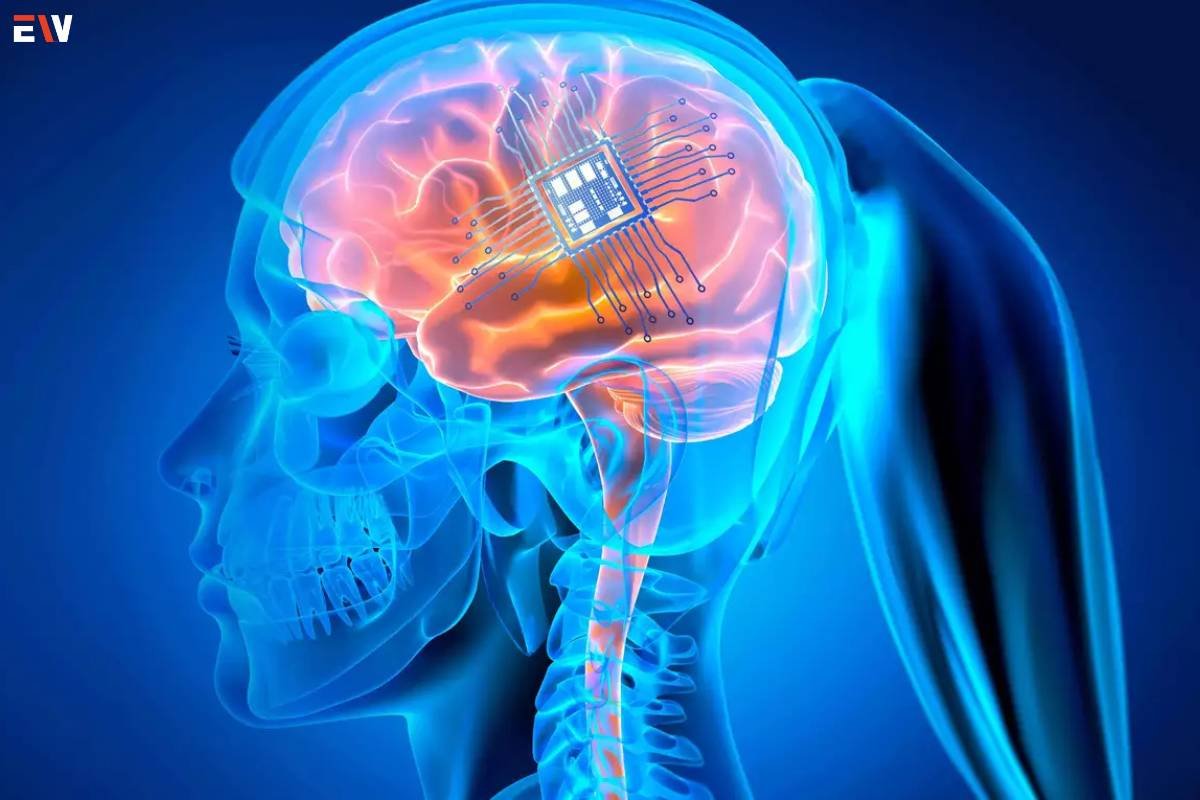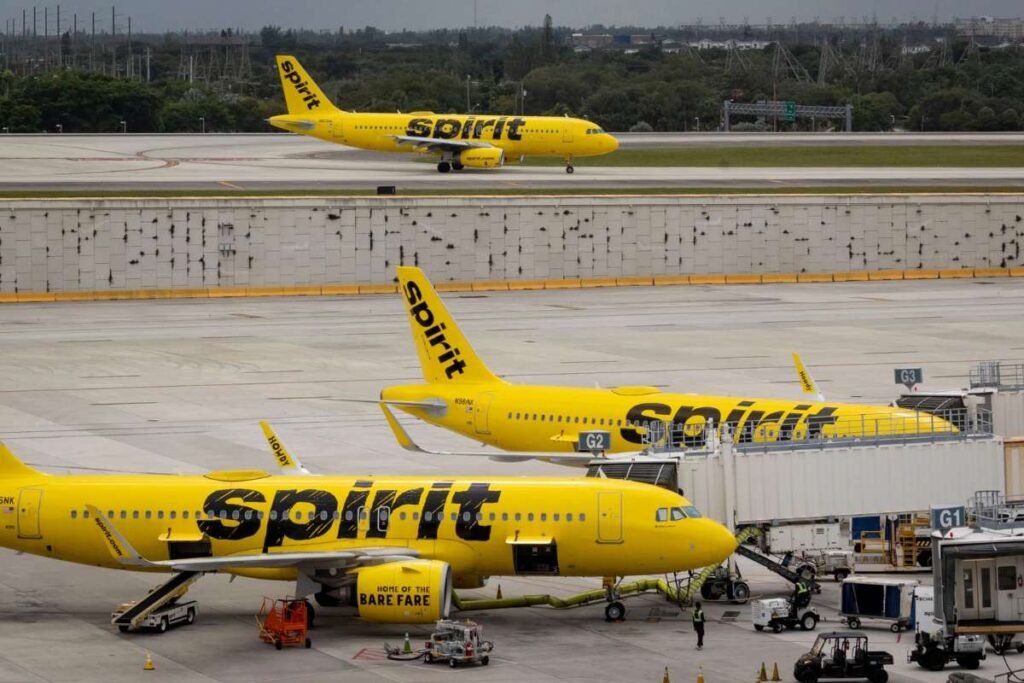Source – ET HealthWorld
In a groundbreaking achievement, Neuralink, the brain-chip startup founded by billionaire entrepreneur Elon Musk, announced the successful implantation of its brain-computer interface (BCI) in a human patient on Sunday. Elon Musk revealed that the first recipient is recovering well after undergoing the procedure, marking a significant step forward in the company’s pursuit of aiding patients dealing with paralysis and various neurological conditions.
Promising Results and Neuron Spike Detection
Elon Musk expressed optimism about the initial results, stating on the social media platform X that the implanted device demonstrated promising neuron spike detection. Neuron spikes, as defined by the National Institute of Health, represent the electrical and chemical signals used by cells to convey information within the brain and throughout the body.
FDA Clearance and Human Trials
Neuralink received clearance from the U.S. Food and Drug Administration (FDA) last year to commence its first human trial, a pivotal moment for the startup’s mission to address paralysis and neurological disorders. The company had previously gained approval for human trial recruitment in September. The trial involves the use of a surgical robot to precisely position the BCI implant in the brain region responsible for controlling movement intentions. The primary objective is to empower individuals to control a computer cursor or keyboard solely through their thoughts.
Telepathy: Neuralink’s First Product
Elon Musk unveiled that the inaugural product resulting from Neuralink’s efforts would be named “Telepathy.” The startup’s PRIME Study, a part of the trial, focuses on evaluating the safety of the wireless brain-computer interface and the surgical robot used in the implantation procedure.
Scrutiny and Challenges
While celebrating the successful implantation, Neuralink faces scrutiny over safety concerns. The company recently incurred fines for violating U.S. Department of Transportation rules related to the transportation of hazardous materials. Furthermore, four lawmakers urged the U.S. Securities and Exchange Commission to investigate whether Musk misled investors about the technology’s safety, citing veterinary records revealing issues such as paralysis, seizures, and brain swelling in monkeys with Neuralink implants.
Musk responded to these concerns, asserting that no monkeys had died due to Neuralink implants. He explained that the choice of “terminal” monkeys was made to minimize risks to healthy ones, emphasizing the commitment to ensuring the safety and efficacy of the groundbreaking technology.
Despite the challenges, Neuralink’s successful human implantation brings hope for advancements in neuroscience and the potential for groundbreaking solutions to improve the lives of individuals grappling with paralysis and neurological disorders. The company’s continued progress and commitment to safety will undoubtedly be closely monitored as it paves the way for a new era in brain-computer interface technology.










